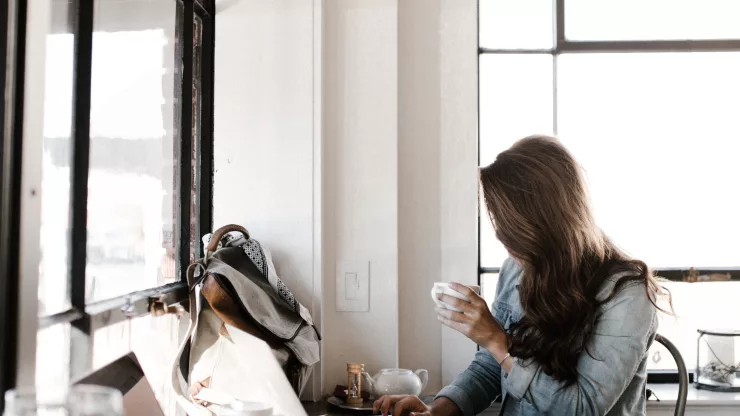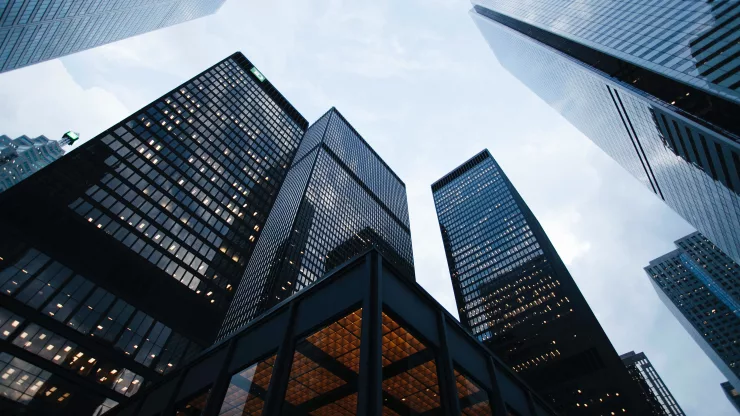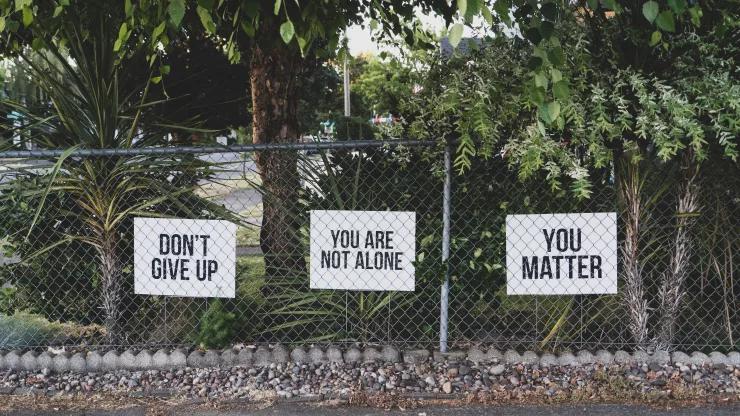Personal space is an essential aspect of our well-being, happiness, and productivity. It is the physical and emotional space that we need to feel comfortable, safe, and secure.
Personal space can be defined as the area around us that we consider to be our own, where we can relax, be ourselves, and recharge.
In this article, we will explore the impact of personal space on our happiness and well-being, and provide tips on how to create your own personal space.
Jump to Section
The Importance of Personal Space
Personal space is crucial for our mental and emotional health. It provides us with a sense of control, privacy, and autonomy.
Having personal space allows us to decompress, reduce stress, and improve our mood. It is a place where we can retreat from the demands of the outside world and focus on our own needs.
Personal space can be as simple as a quiet corner in a room, a comfortable chair, or a favorite spot in nature.
How Personal Space Affects Our Mental Health
Research shows that having personal space can improve our mental health and well-being.
It can reduce anxiety, depression, and stress levels.
Personal space provides a sense of privacy, which can help us feel more secure and less vulnerable. It also allows us to regulate our emotions and recharge our energy levels.
The Physical Benefits of Having Personal Space
Personal space not only benefits our mental health but also our physical health. It can improve our sleep quality, reduce blood pressure, and boost our immune system.
Having a designated personal space can also encourage us to engage in healthy self-care activities such as meditation, yoga, or reading.
Tips for Creating Your Own Personal Space
Creating your own personal space can be simple and affordable. Here are some tips to help you get started:
- Find a quiet and comfortable corner in your home or workspace
- Decorate your space with items that bring you joy and comfort, such as plants, photos, or candles
- Use soft lighting and calming colors to create a relaxing atmosphere
- Make sure your personal space is clutter-free and organized
- Set boundaries with others to respect your personal space and time
The Connection Between Personal Space and Productivity
Personal space can also improve our productivity and creativity. It allows us to focus on our work without distractions and interruptions.
Having a designated personal space can also help us set clear boundaries between work and personal life, which can reduce burnout and increase job satisfaction.
Finding a Balance: Personal Space vs. Social Interaction
While personal space is essential for our well-being, it is also important to maintain social connections. Too much isolation can lead to loneliness and depression. Finding a balance between personal space and social interaction is crucial for our overall happiness and well-being.
FAQ
How much personal space do we need?
The amount of personal space we need varies from person to person and culture to culture. However, research suggests that the average person needs at least 4-5 feet of personal space to feel comfortable and secure.
Can personal space be shared?
Yes, personal space can be shared with others, but it is essential to respect each other’s boundaries and needs.
What if I don’t have enough space?
If you don’t have enough physical space, you can create a personal space in your mind. Visualization techniques, meditation, and mindfulness can help you create a mental space where you can relax and recharge.
Can personal space change over time?
Yes, personal space can change depending on our life circumstances and needs. It is important to reassess our personal space regularly and make adjustments as necessary.
Personal space is an essential aspect of our well-being and happiness. It allows us to recharge, reduce stress, and improve our mental and physical health.
Creating your own personal space can be simple and affordable, and it can have a significant impact on your overall quality of life.
Remember to find a balance between personal space and social interaction, and to reassess your personal space regularly.

With a deep passion for personal development, Ben has dedicated his career to inspiring and guiding others on their journey towards self-improvement.
His love for learning and sharing knowledge about personal growth strategies, mindfulness, and goal-setting principles has led him to create My Virtual Life Coach.
Contact Ben at [email protected] for assistance.




